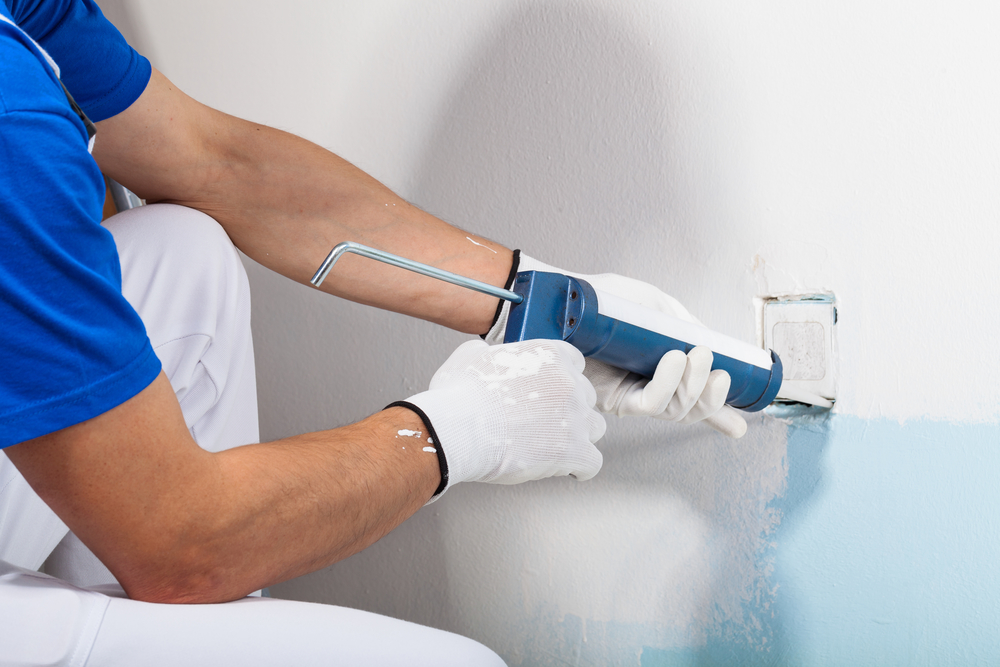
Waterproofing Singapore offers several liquid waterproofing membrane solutions to all types of constructions. From a simple building to a complex one that has a couple of penetrations and details. Each type of liquid membrane has a specific composition that it determines its thickness and appropriateness on different surfaces. The current types of liquid coating include:
- Acrylic Waterproofing.
- Polyurethane membrane.
- Epoxy membrane.
- Bitumen solutions.
- Acrylic Waterproofing
The acrylic waterproofing provides permanent solutions to existing and new structures. This method includes the combination of polyester solvents and liquid acrylic. Liquid-acrylic is usually applied on surfaces like roofs to prevent water from damaging the existing structures. Acrylic membranes are available in three types, acrylic ST, acrylic HS and acrylic HP. Acrylic ST is the basic type that is suitable for roof surfaces. Acrylic HS is the sub-standard type that is suitable for areas vulnerable to abrasion. Acrylic HP is the highest level of acrylic waterproofing modified with bitumen.
Advantages of Acrylic Membrane
- It is not affected by any type of climate: The membrane will not tear as a result of extreme sunshine, and it is a protective shield against UV rays. Long-term exposure to rainfall and sunlight does not affect its durability.
- It does not cause pollution:Acrylic is a non-toxic material that is safe to apply on a roof and still collect rain water, unlike other water based paints that are not safe.
- It is flexible:It can mix with other substances like concrete, asphalt, and metals to form a stronger coat membrane.
- It is affordable:The cost of materials are not expensive and are affordable.
- Polyurethane membrane
Polyurethane product is composed of two materials; isocyanide and polyol. The ratio of combining these two products determines the overall characteristic of the final product, polyurethane membrane. This membrane has a high resistance to water, UV rays, and other extreme environmental factors. After applying polyurethane waterproofing product, a seamless membrane is usually formed on the surface. It is ideal for irregular surfaces because it can penetrate through the joints and corners.
Advantages of Polyurethane Membrane
- It is easy to install: It can take up to a day in install this membrane on a large surface because it mainly involves spraying and flattening the coating with rollers. It makes it ideal for a building that is almost to be occupied or an already occupied building.
- It provides a seamless membrane: Because of its ability to penetrate through detailed surfaces, it can produce a flawless coat.
- It is durable: It can withstand abrasion and extreme weather conditions like long-term exposure to sunlight. It is resistant to battery acids, and alkaline cleaners hence can be applied to accessible areas.
- Epoxy Membrane
The epoxy membrane provides a suitable sealant for floors in commercial and industrial buildings such as manufacturing plants, laboratories, and pharmaceutical buildings. Epoxy membranes have more advantages than disadvantages as compared to other products that are used to coat the floors.
Advantages of Epoxy Membranes
- It is bright: Epoxy membrane makes the floor to appear bright and smooth. This makes the cleaning process quick because dirt can hardly stick on the floors.
- It is affordable: It will not cost you much money to include epoxy membrane on your floors, especially commercial buildings. Actually, it will save you from future costs of repairing the floors that are exposed to tear and wear.
- It is highly resistant: It can withstand chemical spills and alkaline cleaning agents. It is also highly resistant to heat and mechanical abrasion. Suitable for garage floors.
- It is durable: The lifespan of the epoxy membrane is longer than other floor membranes. Its warranty can last up to 10 years.
- It is safe: It is environmentally friendly and safe.
- Bitumen solutions
This is also a common method of liquid waterproofing. Bitumen can protect surfaces from moisture destruction. It requires no special skills to prepare the surface for bitumen application.
Advantages of Bitumen
- It is less expensive.
- Easy to install.
- Highly resistant to mechanical damages
- It can cover a wide surface area, including complex surfaces.
- It is highly durable; it can last for many years with the extreme exposure to climatic conditions like sunlight.
- Rubberized bitumen provides extra coating strengths.
These are the most common liquid waterproofing membranes. There is another membrane like Polymethyl methacrylate (PMMA) liquid that works well with different buildings. Call us today for more information.
HDB Registered Contractor
License Number: HB-09-5474D
